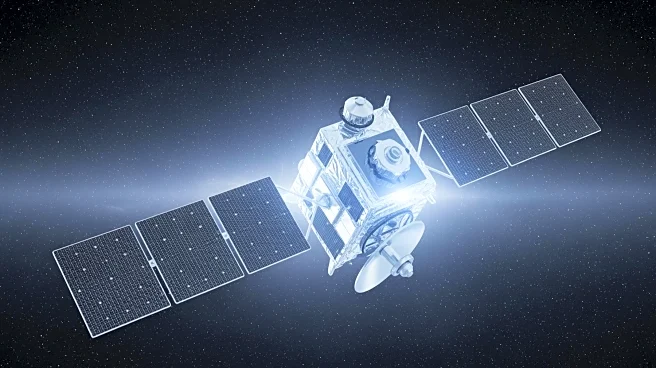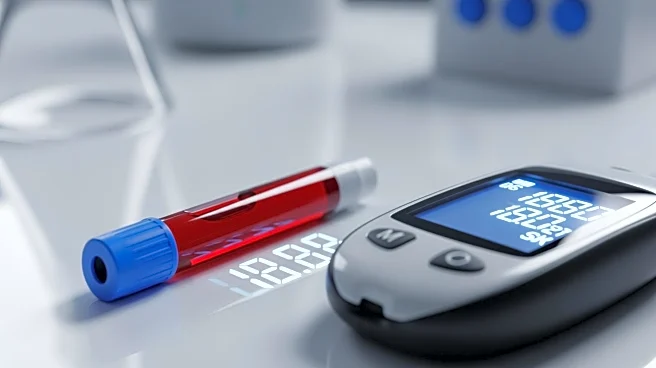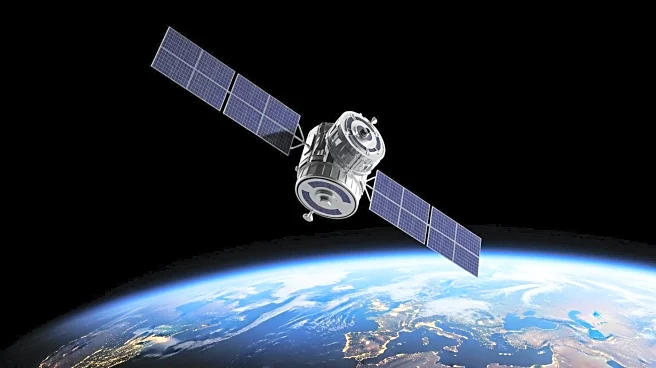By Mike Stone
(Reuters) -RTX cut its 2025 profit forecast on Tuesday, as the aerospace and defense giant took a hit from U.S. President Donald Trump's trade war despite strong demand for its engines and aftermarket
services.
Shares of the company fell 1% in premarket trading.
Trump's imposition of tariffs on imports of aluminum and steel has shrouded the markets with uncertainty, threatening to add pressure on an already-strained supply chain.
RTX had warned of an $850 million hit from the trade war, though it was based on the assumption that steel and aluminum tariffs remain at 25%, China tariffs remain at 145% and global reciprocal tariffs remain at 10%.
Since then, levies on steel and aluminum have doubled to 50% and Trump has unveiled new tariffs on most trading partners, but those on China have significantly reduced.
RTX now expects adjusted profit between $5.80 and $5.95 per share for 2025, down from its prior forecast of $6.00 and $6.15 per share.
Maintenance and repair service providers for commercial aircraft have banked on a shortage of new jets, as production delays force airlines to operate an older, cost-intensive fleet.
Demand in its defense business has remained strong in the face of growing geopolitical tensions around the world. RTX's Patriot air defense systems have been widely used on the battlefield in Ukraine to counter missile threats from Russia.
Raytheon, RTX's defense unit, reported sales that rose 8% to $7 billion in the second quarter.
The company raised its adjusted 2025 sales forecast to between $84.75 and $85.5 billion, from $83 billion to $84 billion.
RTX's Pratt and Whitney unit, which produces engines for Airbus' A320neo jets and competes with CFM International, saw sales rise 12%.
Pratt has struggled with output problems in recent years and is in the middle of an inspection drive for potentially flawed components in its geared turbofan engines that have grounded hundreds of planes in recent months.
The Arlington, Virginia-based company reported a 9% rise in total revenue to $21.6 billion, compared with analysts' average estimate of $20.63 billion, according to data compiled by LSEG.
Its adjusted per-share profit stood at $1.56 in the quarter. Analysts expected $1.44.
(Reporting by Mike Stone in Washington and Utkarsh Shetti in Bengaluru; Editing by Arun Koyyur)










